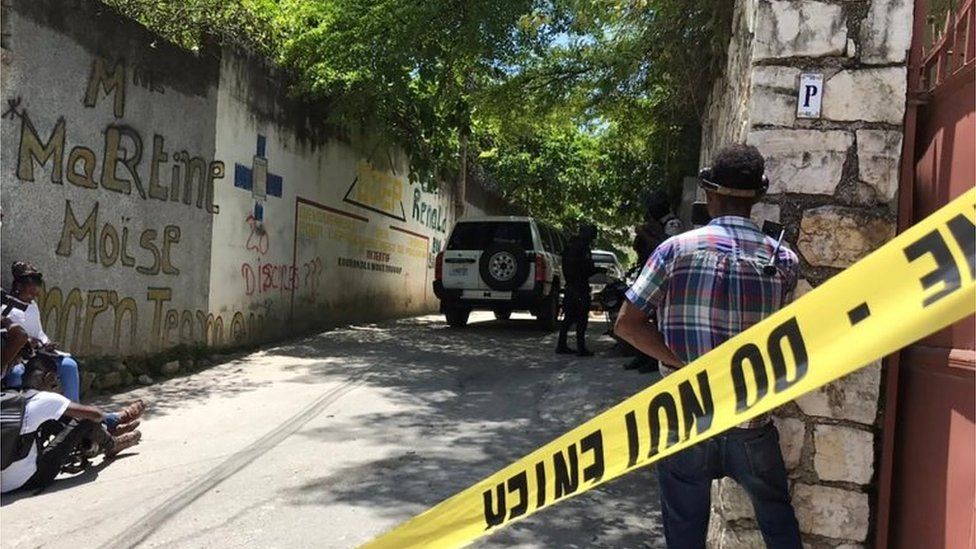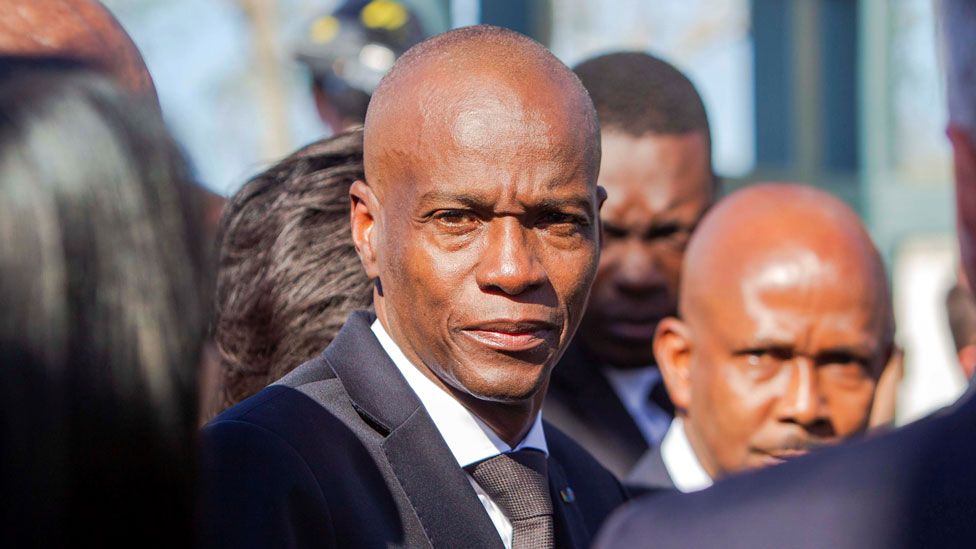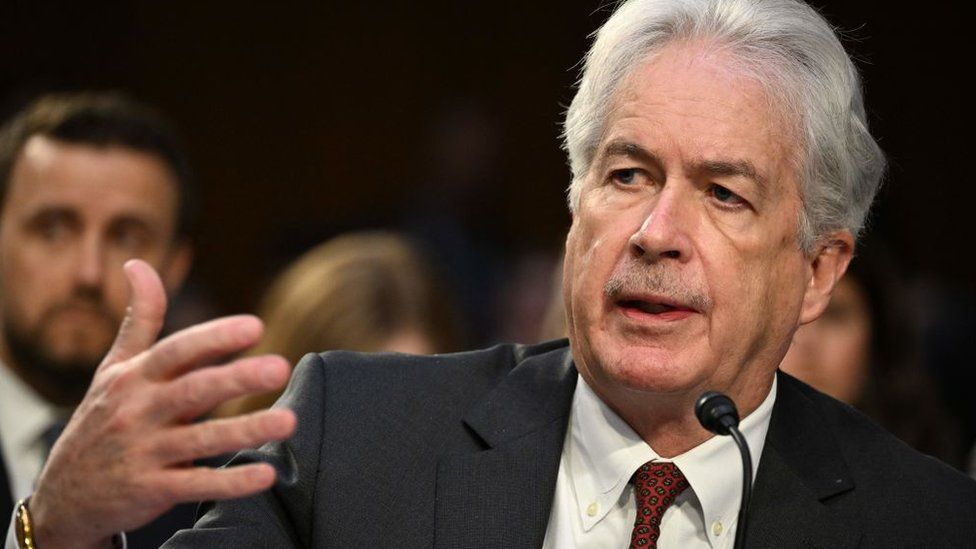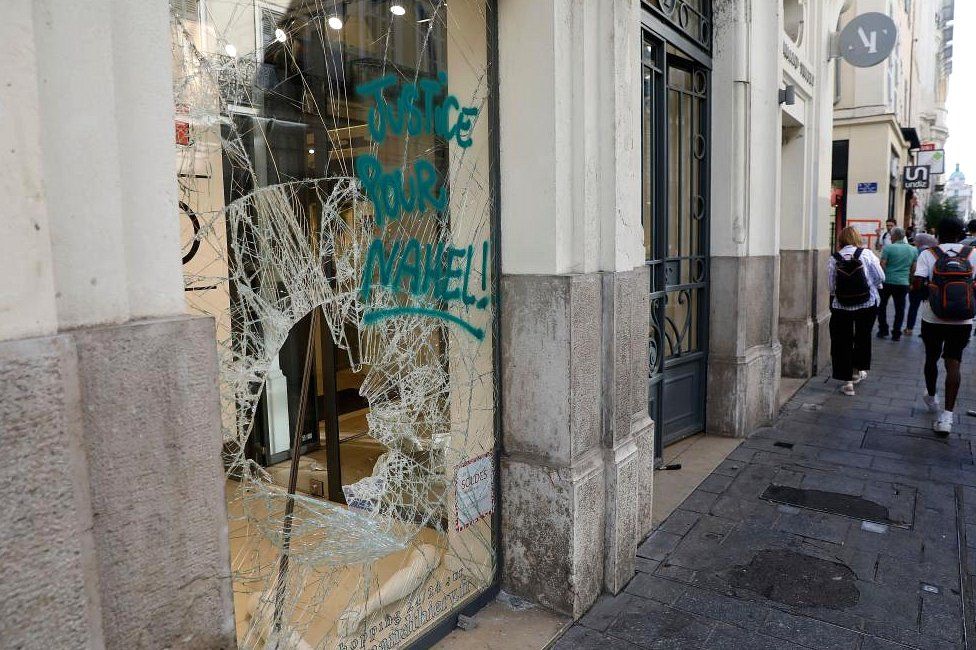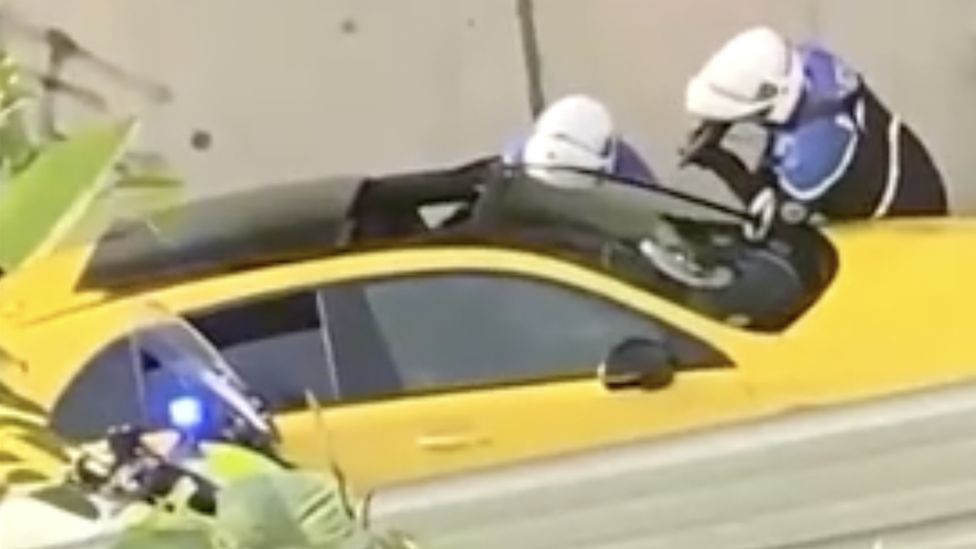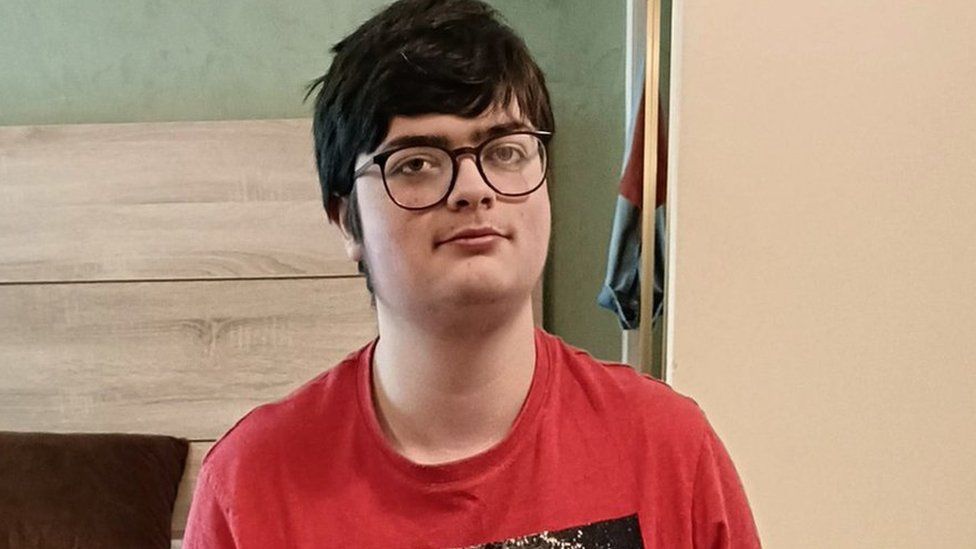In connection with the murder of Haitian President Jovenel Mose in July 2021, three Haitian Americans and a Colombian have been charged in the US.
In the US, charges have been filed against a total of seven people.
His passing away in his home in the capital city of Port-au-Prince added to the unrest already raging in the nation, which was already grappling with rising crime rates and an economic crisis made worse by natural disasters.
The attack, which the police believe was ordered by a Haitian doctor as part of a plot to become president, was carried out by a group of mercenaries, the majority of whom were Colombians, according to the police.
In connection with the case, dozens of people have been taken into custody. Nevertheless, the investigation has generally been proceeding slowly, and exact information about those who carried out the plan and their true motivations is only now starting to become known.
Police say that at 1:00 a.m. local time on July 7, 2021, Mose, 53, was shot and killed inside his home in the Pelerin 5 neighborhood, located in the hills above Port-au-Prince.
The president was shot twelve times and sustained injuries to his forehead and torso. One of the judges conducting the investigation reported that the man's left eye had been gouged out and that he had broken bones in his arm and ankle.
He was discovered dead at the scene, his shirt covered in blood, lying on the ground on his back. Even though Martine Mose, the first lady, was shot, she lived.
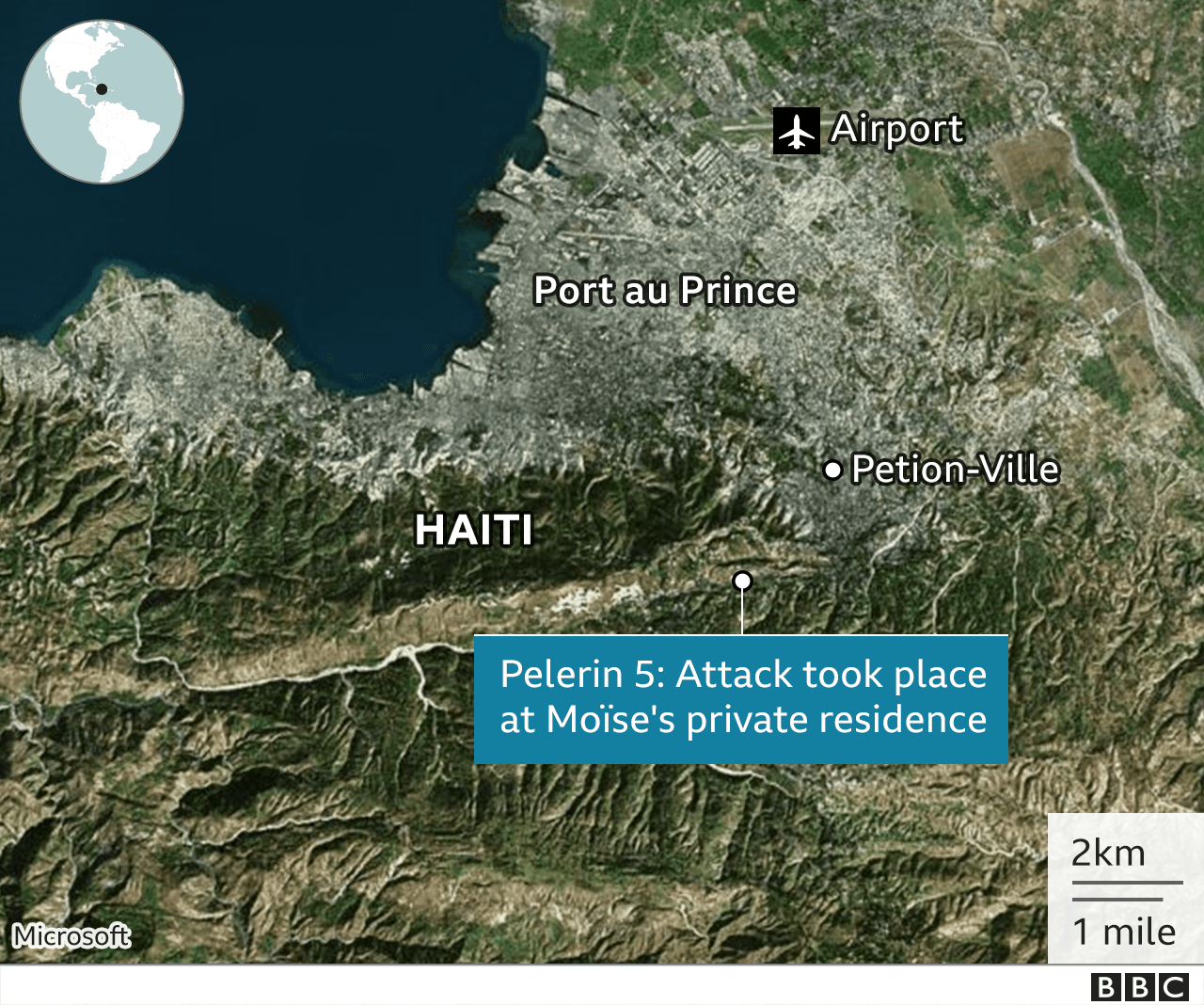
26 Colombians and two Haitian Americans, according to Haitian police, were among the group of mostly foreign mercenaries who carried out the killing.
The two Haitian Americans, according to an investigating judge, claimed to have been employed as interpreters online. .
The two claim that when the president was arrested, they were supposed to serve as interpreters and that they were unaware that there was a plot to kill him. Spanish is spoken by the suspected Colombians, while Creole and French are the official languages of Haiti.
An arrest warrant for the president, according to one of the Haitian Americans, had been given to him. .
The majority of the detainees from Colombia, including a lieutenant-colonel, have been identified as ex-soldiers. In Haiti, the suspects had been hired "to provide security," according to family members who spoke to Colombian media.
After leaving the military, a lot of Colombian soldiers find employment with security companies abroad, primarily in the United Arab Emirates, where they are highly valued for their skills in combating armed groups.
James Solages, Joseph Vincent, who is also a dual citizen of Haiti and the US, and Germán Alejandro Rivera Garca, who is a citizen of Colombia, were all charged with conspiracy in connection with the murder by the US justice department at the end of January 2023.
Dr. Christian Emmanuel Sanon, a different Haitian American, was accused of smuggling.
In April 2021, Mr. Solages and Dr. Sanon met "to discuss regime change in Haiti and support for Sanon, an aspiring Haitian political candidate," according to the US justice department.
Until now, the US has filed charges against three additional individuals, among them a former senator from Haiti.
Dr. Sanon, who was detained following the murder, is a "key suspect," according to Haitian police chief Léon Charles.
Mr. Charles claims that Dr. Sanon hired 26 of the hit squad's 28 members through the Miami-based CTU organization, which is headed by Tony Intriago, a citizen of Venezuela. He continued by saying that when police surrounded the Colombian suspects, Dr. Sanon was "the first person" he had called.
According to Mr. Charles, Dr. Sanon, a 63-year-old Florida resident, flew into Haiti on a private jet in the first few days of June with "political motives," and police discovered weapons, ammunition, and a Drug Enforcement Administration cap on him.
According to the police chief, Dr. Sanon, who intended to lead Haiti as president, may have conned the Colombians.
He said without specifying whether all or any of the suspects had been informed of the changes: "The initial mission that was given to these assailants was to protect the individual named Emmanuel Sanon.
Mr. Charles listed John Joel Joseph, a former senator from Haiti, as another key suspect who is suspected of providing weapons and organizing meetings. In January, Jamaican authorities detained him.
However, Joseph Felix Badio, a former employee of the justice ministry's anti-corruption unit who is also considered a key suspect in the case, is still on the lam.
Unconfirmed video that appears to have been captured by locals, but which shows armed men arriving in several vehicles is believed to have been captured on camera.
While another man can be heard shouting, "DEA [US Drug Enforcement Administration] operation, everybody stay down!" over a loudspeaker, a man who is presumed to be a security guard appears to have been forced to lie face down in the street.
Bocchit Edmond, the ambassador of Haiti to the United States, asserted that although the attackers pretended to be US drug agents, he thought there was "no way" they were actually working for the US government.
It was clear that many shots were fired because cartridge cases were all over the ground between the property's gatehouse and the residence, according to officials.
However, the president and his wife were the only ones shot, which has prompted speculation about the president's guards' potential involvement.
Inside the house or when making their initial getaway, the group appears to have encountered little to no resistance.
The adult daughter of the presidential couple, Jomarlie, hid in her brother's bedroom and escaped unharmed while two domestic staff members were restrained.
There is some confusion about the timeline immediately following the assassination. According to reports, some of the suspects were located near a house, which police then surrounded.
